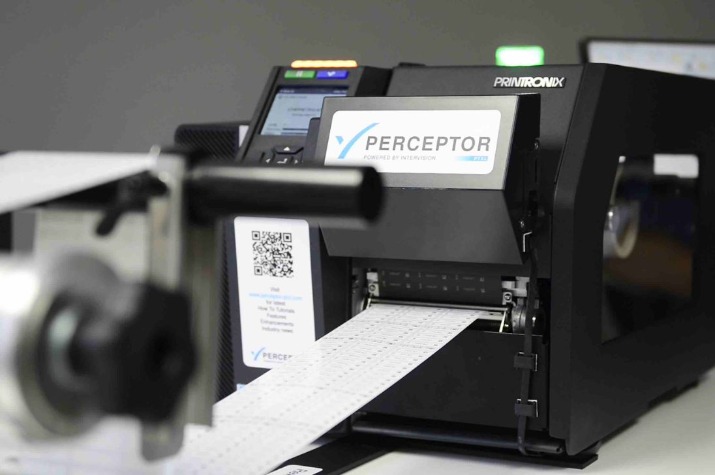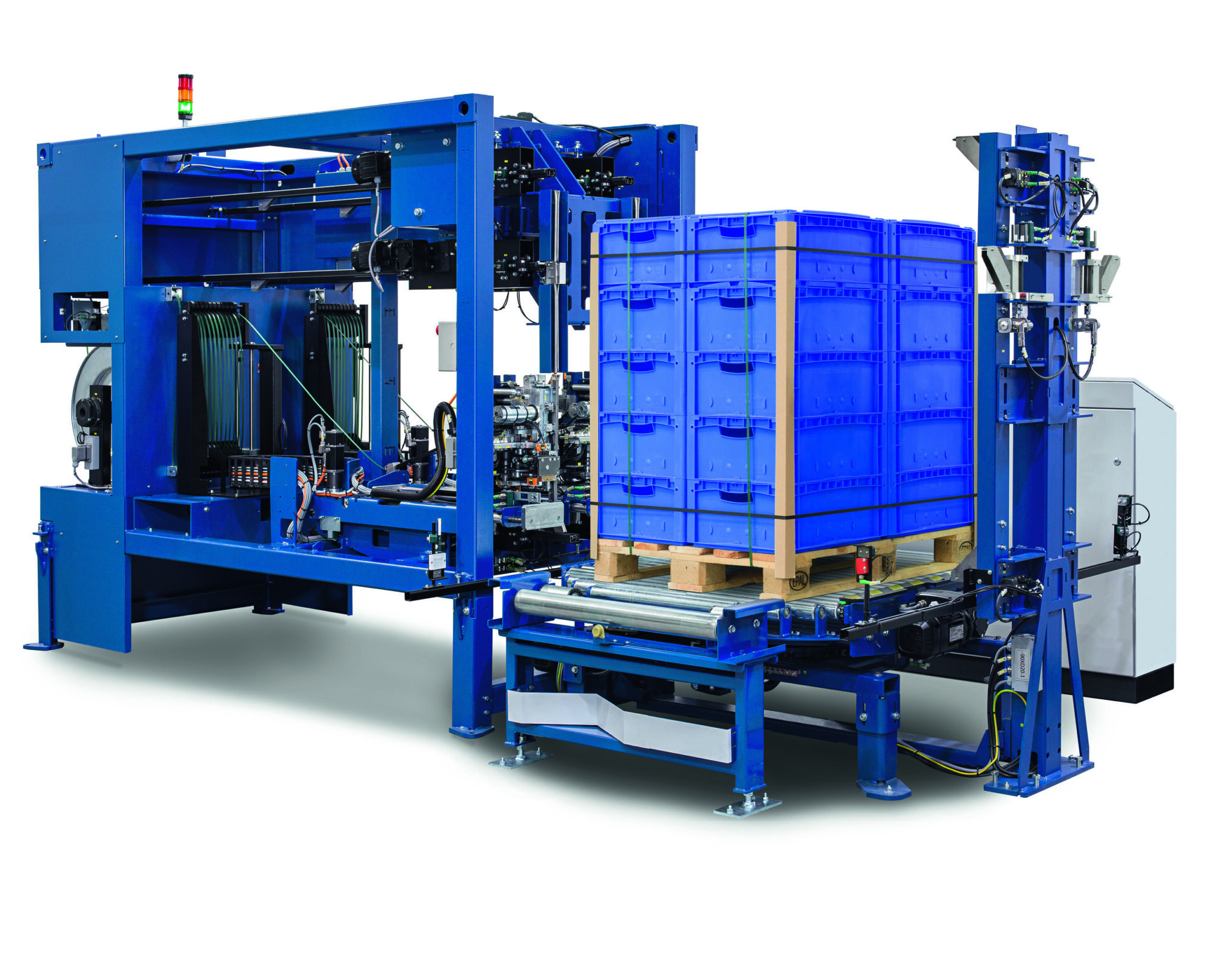Global multimodal logistics company Samskip has increased its commitment to greener shipping through a new formal agreement with sustainable cargo initiative GoodShipping to run part of its fleet on marine biofuels and significantly reduce carbon footprint.
The initial usage of biofuels will enable a CO2-reduction of up to 45%, with plans to scale up to a CO2-reduction of up to 80% for any given voyage later in 2021. This initiative underlines the company’s longstanding dedication to take a leading role in reducing CO2 emission within the sea freight industry.
The Samskip Endeavour, an 800TEU capacity containership which normally runs on traditional fuels, had the honour to kick-off the partnership by using sustainable biofuels in its recent sailings. By bunkering sustainable biofuels, Samskip enables cargo owners to reduce their ocean carbon footprint significantly in their supply chains.
Two years ago, it was also the Samskip Endeavour that was the first ever vessel to be biofuel-bunkered through the GoodShipping initiative, demonstrating the viability of biofuels as a marine alternative to fossil fuels. Made from sustainable waste streams, the fossil-free bio-residual fuel equivalent product has proved to be a successful substitute for conventional marine fuels as part of the vessel’s operations between the Netherlands and Ireland.
Under the renewed agreement, also in partnership with GoodShipping, biofuels supplier GoodFuels is supporting Samskip’s plan to rapidly extend the use of biofuels on more of its vessels this year. GoodFuels’ second-generation sustainable biofuels consist of certified feedstock, labelled as waste or residue. There are no land-use issues, no competition with food production or deforestation during the production process.
“Sustainability runs through Samskip as a core value from every perspective. Therefore, we take great pride in and welcome the collaboration with GoodShipping to strengthen our deep partnership, becoming one of their fulfilment and innovation partners,” says Ásbjörn Gíslason, CCO and Deputy CEO at Samskip.
“We always aim to build a better future and to leave a positive footprint on our planet. By playing a forward-thinking and pioneering role in the energy transition, our customers can now benefit from a simple and easy means of decarbonising their cargo streams. We get to pioneer advanced marine biofuels, and the environment benefits from an immediate carbon reduction.”
“This announcement marks yet another important milestone in our journey beyond the fossil default,” says Katarin van Orshaegen, Commercial Lead at GoodShipping. “Reducing fuel emissions and consumption is a vital next step for the maritime transport industry, so we are extremely pleased to have found a stable fulfilment outlet for our sustainable cargo streams with Samskip, deepening a long-term partnership that is helping to change the way our market thinks about future fuels.”






